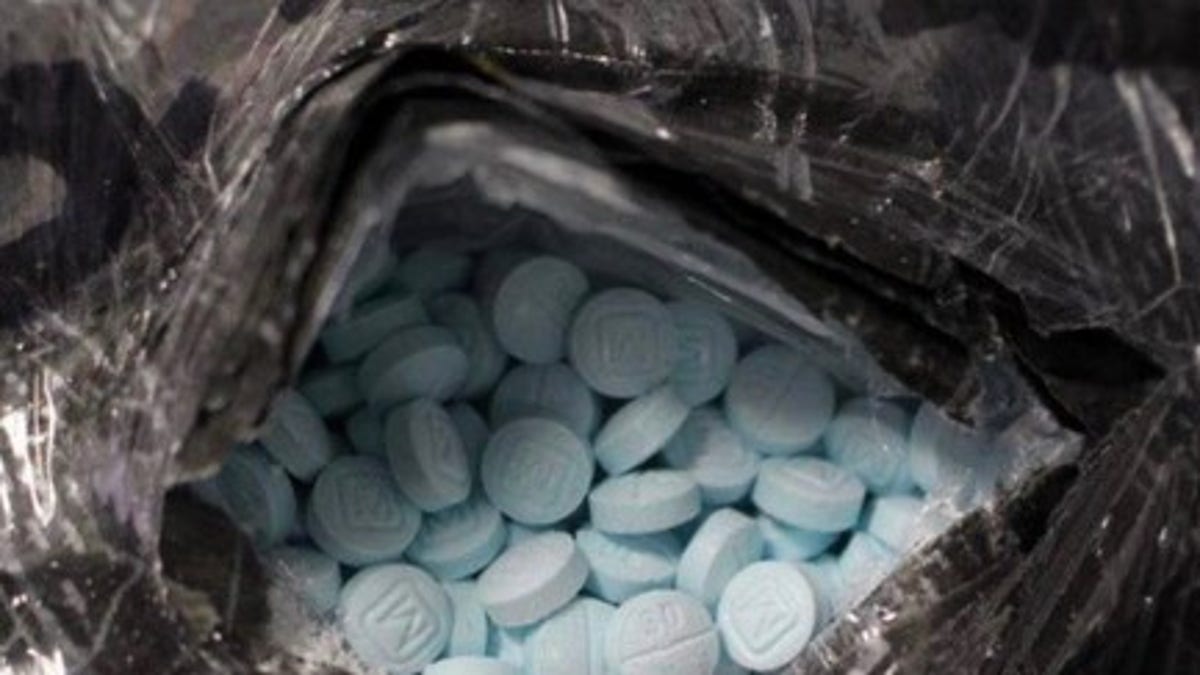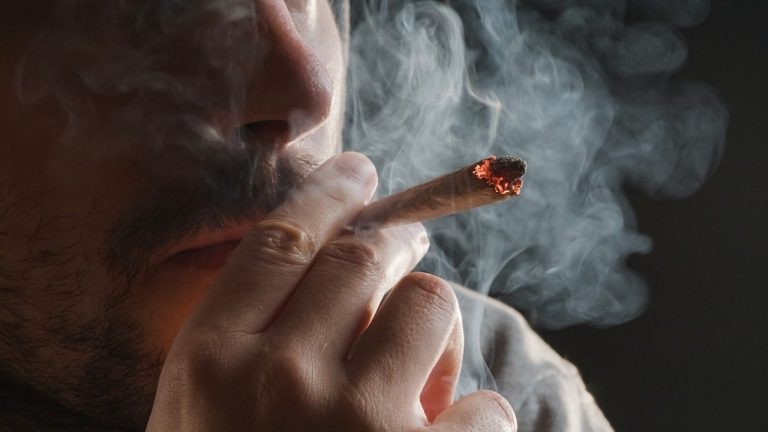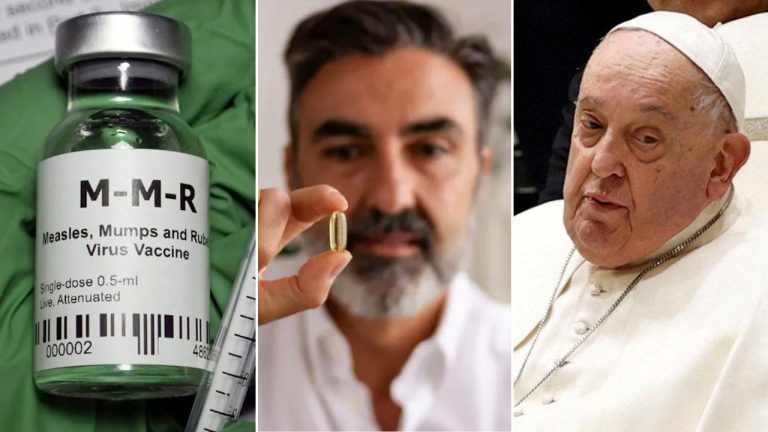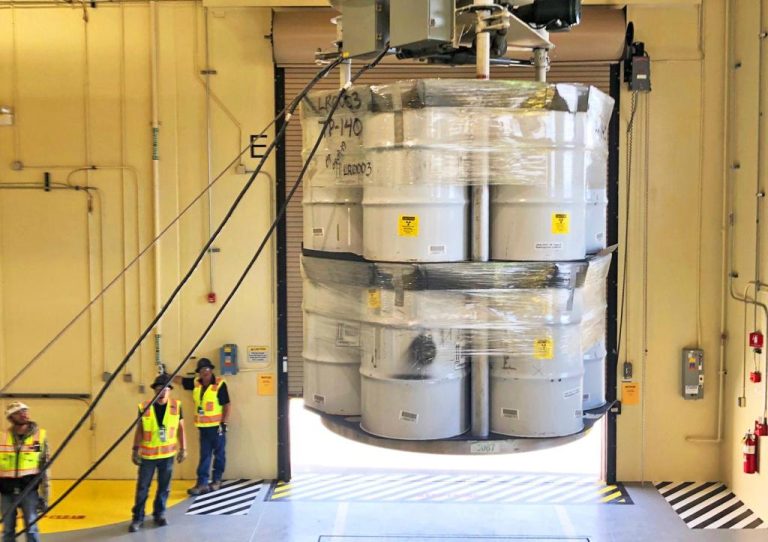
A record number of high school teens died of drug overdoses in 2022 in an alarming trend driven primarily by fentanyl poisonings from counterfeit pills, according to a new study published in The New England Journal of Medicine.
Using data from the Centers for Disease Control and Prevention (CDC), the Boston researchers found that an average of 22 adolescents ages 14 to 18 years old died each week in the U.S. from drug overdoses in 2022.
The death rate for drug overdoses among teens is more than double what it was in 2018, according to the study, which is entitled “The Overdose Crisis Among U.S. Adolescents.”
5 MYTHS ABOUT KETAMINE, THE DRUG TIED TO MATTHEW PERRY’S DEATH, ACCORDING TO DOCTORS
A total of 1,125 teens died of drug overdose or poisoning in 2022, making it the third-leading cause of death for teenagers across the country – behind firearm-related injuries and motor vehicle crashes, respectively, the report said.
“Fewer teens than ever are actively using drugs, and yet more teens than ever are dying,” senior author Dr. Scott Hadland, chief of the Division of Adolescent and Young Adult Medicine at MassGeneral Hospital for Children and Harvard Medical School, told Fox News.

A record number of high school teens died of drug overdoses in 2022 in an alarming trend driven primarily by fentanyl poisonings from counterfeit pills. (iStock)
“And that’s because drug use isn’t becoming more common — it’s becoming more dangerous.”
In 2002, 21% of high-school seniors said they had used an illicit drug besides cannabis in the previous year.
By 2022, that share had fallen to 8%.
PARENTS PREPPING FOR BACK-TO-SCHOOL TIME ARE URGED TO TALK TO KIDS ABOUT DRUGS: ‘FAR-REACHING IMPLICATIONS’
Meanwhile, at least 75% of adolescent drug overdose deaths are from fentanyl poisonings, the researchers found.
As other studies have found, those poisonings primarily occur when teens inadvertently take counterfeit pills laced with a lethal dose of the synthetic opioid.

Parents should have frank conversations with their teens about risk reduction strategies for those experimenting with drugs, the study author noted. (iStock)
“It’s really clear that the problems started to take off a little bit before COVID and then really accelerated during the COVID pandemic,” Hadland told Fox.
“Teens were isolated and they weren’t able to go to school or engage in the usual activities — and we know that health care systems became more difficult to access.”
Now, there’s no sign of this trend reversing or slowing.

U.S. Customs and Border Protection agents seized over 1.2 million fentanyl pills between two busts on Dec. 29. (U.S. Customs and Border Protection)
The study identified Arizona, Colorado and Washington as the hotspot states. There, adolescent drug overdose death rates were nearly twice the national average or higher between 2020 and 2022.
Hotspot counties included Maricopa County, Arizona, and Los Angeles County, California, which had the highest number of overdose deaths (117 and 111, respectively).
“If Narcan was in our home, this could have been a very different reality.”
In March 2021, 17-year-old Xavier Gerchow was playing basketball with a friend before he died of fentanyl poisoning.
When Gerchow felt sore after playing, his friend offered to split a Percocet with him. Gerchow later went to sleep at his home and never woke up.
Gerchow’s friend was rushed to the hospital and survived, but Gerchow did not.
The Percocet turned out to be a fake — it contained 99% fentanyl and 1% cocaine.
“The friend did not pass away from the pill because he had a tolerance to fentanyl,” Madison Gerchow, Xavier’s sister, told Fox. “But Xavier passed away within minutes because he had a clean system.”
CLICK HERE TO SIGN UP FOR OUR HEALTH NEWSLETTER
Experts recommend that parents discuss the dangers of counterfeit pills and keep over-the-counter Naloxone or Narcan – the overdose reversal medicine – readily available at home.
Research has shown that about two-thirds of teens who die of an overdose pass away in their homes.
“Often, health insurance will cover it with little to no co-pay, and I recommend that parents and teens keep this in their homes in a central location, just like you would a fire extinguisher,” Hadland suggested.

Experts recommend that parents discuss with teens the dangers of counterfeit pills and keep over-the-counter Naloxone or Narcan – the overdose reversal medicine – readily available at home. (Drew Angerer/Getty Images)
While the doctor recommends that parents emphasize to their teens that they should stay drug-free, he also encourages parents to have frank conversations about risk reduction strategies for those experimenting with drugs.
“We can’t use scare tactics … [or] fearmongering, because when we’re overly dramatic, it turns teens off,” Hadland noted. “Studies show that when we’re overly dramatic, teens will sometimes do the opposite of what we hope they’ll do.”
CLICK HERE TO GET THE FOX NEWS APP
Madison Gerchow started the X Foundation in honor of her only brother, Xavier.
The foundation aims to remove the stigma surrounding fentanyl poisoning by raising awareness and providing education about the epidemic.
“I wish we had educated Xavier or ourselves and friends,” Gerchow said.
“If Narcan was in our home, this could have been a very different reality.”
For more Health articles, visit www.foxnews.com/health.






